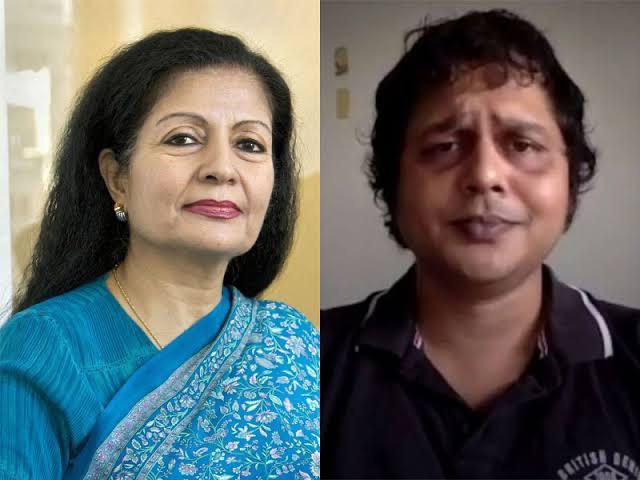Delhi HC orders TMC's Saket Gokhale to pay 50 lakhs for defamatory tweets made against ex-IFS officer Lakshmi Puri

The court emphasized that the “pernicious and anarchic nature” of social media, particularly Twitter, which tends to spread content, including misinformation, widely and indiscriminately, ensured that the offending tweets would circulate extensively.
The Delhi High Court, on Monday, equated the impact of social media posts to an uncontrollable nuclear reaction. While doing so, the court has held the tweets posted by Trinamool Congress leader (TMC) and Rajya Sabha MP Saket Gokhale against former Indian Foreign Service officer Lakshmi Puri to have affected her social reputation and caused psychological suffering, even though the allegations were false.
Recognizing Puri's esteemed reputation, the court has accordingly ordered Gokhale to issue a public apology on Twitter and in a prominent newspaper. Additionally, the court prohibited Gokhale from making any further defamatory statements on any platform.
A single judge bench has also awarded Rs. 50 lakhs in damages to Puri, while acknowledging that no amount of monetary compensation can fully restore her reputation.
The bench of Justice Anup Jairam Bhambhani held, “Messages on social-media generate a social-media chain reaction as it were, which is no less dangerous in today’s milieu than a nuclear reaction gone out of control”.
Court has further highlighted the sensitivity of financial accusations against public figures, emphasizing the need for thorough investigations before making serious claims. The court pointed out that allegations of financial impropriety can severely damage a person's reputation, as such accusations tend to spread widely and tarnish their good name.
The court outlined that “Allegations of financial impropriety dent the very foundations of a person’s reputation… Allegations of financial impropriety tend to ‘stick’ and have the propensity to spread widely through the ‘grapevine’. Even rumor about financial improbity taints a person’s good name”.
Puri, represented by Senior Advocate Maninder Singh, contended that Gokhale’s tweets indicated a planned intent to defame without verifying facts. She asserted that he published tweets containing false and defamatory statements about Puri and her family. She argued that Gokhale failed to confirm facts with Puri, acting with ulterior motives. The tweets implied that Puri, an IFS Officer, could not have afforded property in Geneva on her salary, suggesting financial wrongdoing.
Gokhale claimed the offending tweets were based on the disclosure affidavits of Puri’s husband and Puri's income. He questioned the purchase of Puri’s apartment and the declared income sources. Despite denying the publication of false or malicious allegations, Gokhale admitted to owning the Twitter handle and publishing the tweets. He asserted that his public interest work was crowd-funded and denied seeking to increase his Twitter followers for financial gain.
The court referred to the case of R. Rajagopal v State of Tamil Nadu (1994) 6 SCC 632, in which the Supreme Court delineated valid grounds for public officials to contest defamatory allegations concerning breaches of privacy during their official duties.
The court emphasized the legal consequences of negligently spreading unverified information, which could result in legal actions against current and former public officials. The court also referenced Ley v Hamilton (1935) 153 L.T. 384 HL, highlighting the potential impacts of such publications, including their ability to spread widely and cause harm, such as damage to social standing, psychological distress, and negative future interactions due to false accusations or insults.
The court noted that Puri had presented documentation proving the legitimate sources of funds used to purchase her apartment, including a loan from UBS and personal funds, which were disclosed to relevant authorities at the time. Consequently, the court dismissed Gokhale's allegations and held that “Offending tweets is evidently incorrect, false and untrue”.
Consequently, the court held that “The plaintiff has suffered undeserved legal injury to her reputation, which warrants redressal”. It further concluded that Gokhale should have refrained from publishing derogatory content without proper verification, given his substantial number of followers who viewed his posts as factual.
Case Title: Lakshmi Puri v Saket Gokhale (2024:DHC:4796)
